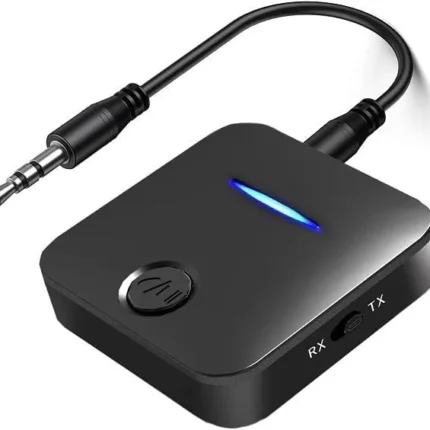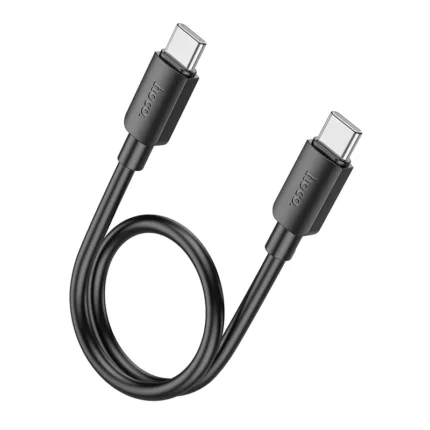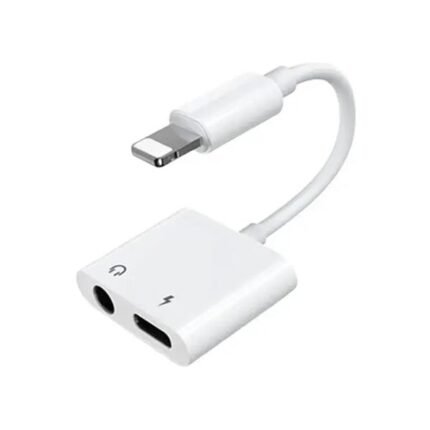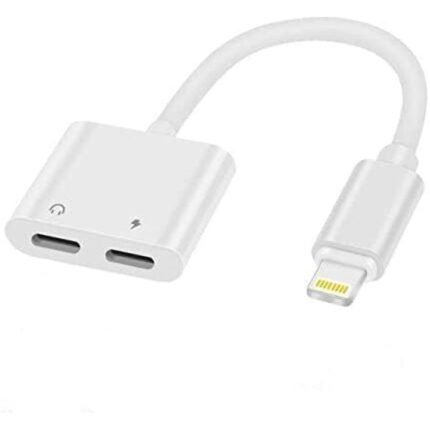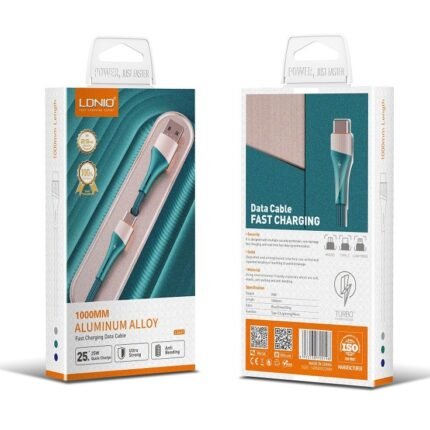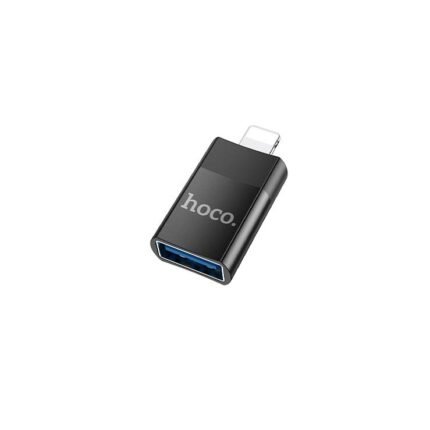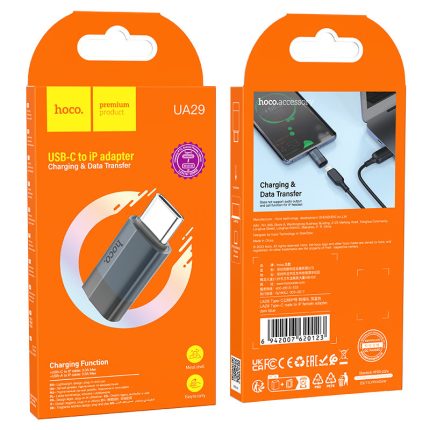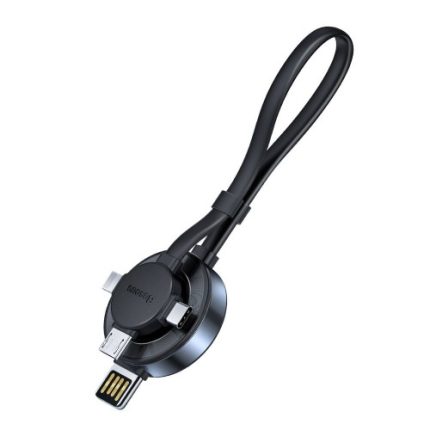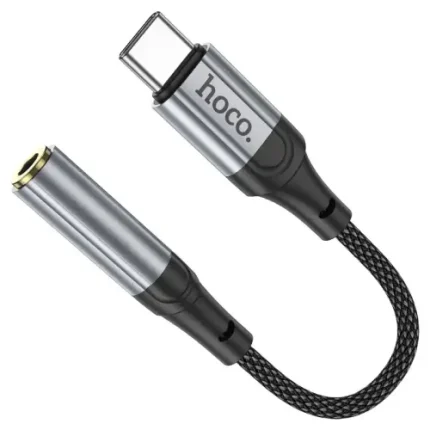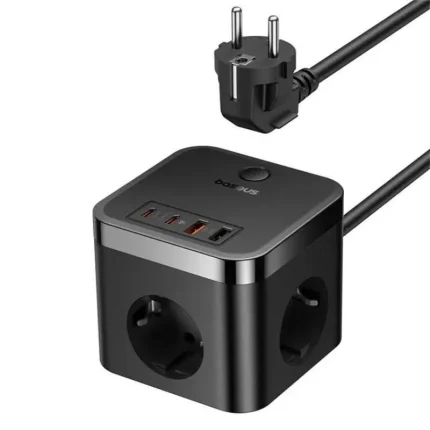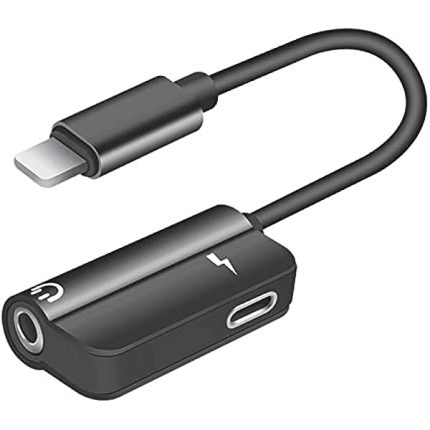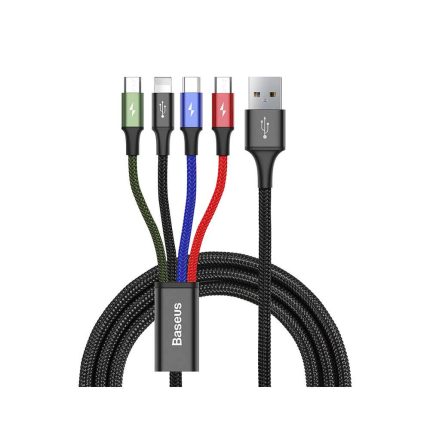Cables & Converters
NEWSave 10%
Original price was: ৳ 1,000.00.৳ 899.00Current price is: ৳ 899.00.
NEWSave 33%
Original price was: ৳ 300.00.৳ 200.00Current price is: ৳ 200.00.
NEWSave 40%
Original price was: ৳ 300.00.৳ 180.00Current price is: ৳ 180.00.
NEWSave 17%
Original price was: ৳ 600.00.৳ 500.00Current price is: ৳ 500.00.
NEWSave 25%
Original price was: ৳ 1,200.00.৳ 900.00Current price is: ৳ 900.00.
NEWSave 35%
Original price was: ৳ 2,000.00.৳ 1,300.00Current price is: ৳ 1,300.00.
NEWSave 11%
Original price was: ৳ 450.00.৳ 400.00Current price is: ৳ 400.00.
Save 5%
Original price was: ৳ 1,900.00.৳ 1,800.00Current price is: ৳ 1,800.00.
Save 21%
Original price was: ৳ 700.00.৳ 550.00Current price is: ৳ 550.00.
Save 50%
Original price was: ৳ 1,100.00.৳ 549.00Current price is: ৳ 549.00.
Save 20%
Original price was: ৳ 500.00.৳ 400.00Current price is: ৳ 400.00.
Save 4%
Original price was: ৳ 1,099.00.৳ 1,050.00Current price is: ৳ 1,050.00.
Save 5%
Original price was: ৳ 1,050.00.৳ 999.00Current price is: ৳ 999.00.
Save 22%
Original price was: ৳ 449.00.৳ 349.00Current price is: ৳ 349.00.
Save 33%
Original price was: ৳ 1,500.00.৳ 999.00Current price is: ৳ 999.00.
Save 36%
Original price was: ৳ 550.00.৳ 350.00Current price is: ৳ 350.00.
Save 35%
Original price was: ৳ 750.00.৳ 490.00Current price is: ৳ 490.00.
Save 17%
Original price was: ৳ 600.00.৳ 500.00Current price is: ৳ 500.00.
Save 13%
Original price was: ৳ 3,999.00.৳ 3,499.00Current price is: ৳ 3,499.00.
Save 31%
Original price was: ৳ 650.00.৳ 450.00Current price is: ৳ 450.00.
Save 26%
Original price was: ৳ 1,560.00.৳ 1,150.00Current price is: ৳ 1,150.00.
Save 60%
Original price was: ৳ 650.00.৳ 260.00Current price is: ৳ 260.00.
Save 31%
Original price was: ৳ 650.00.৳ 450.00Current price is: ৳ 450.00.
Save 31%
Original price was: ৳ 800.00.৳ 550.00Current price is: ৳ 550.00.
Save 38%
Original price was: ৳ 800.00.৳ 500.00Current price is: ৳ 500.00.
Save 23%
Original price was: ৳ 1,550.00.৳ 1,200.00Current price is: ৳ 1,200.00.
Save 27%
Original price was: ৳ 685.00.৳ 500.00Current price is: ৳ 500.00.

